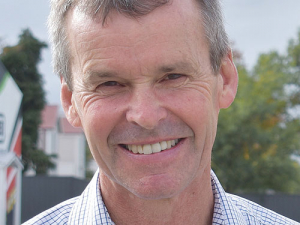The world's tractor market looked healthy in 2017, with 2.1 million sales – up about 13% on the 2016 total of 1.9 million units.
This data comes from Agrievolution Alliance, representing 14 industry bodies and 6000 agricultural machinery makers.
The high-volume markets of China and India had at least 1 million sales -- 490,000 and 600,000 respectively. And Europe, with large markets in France and Germany, had 190,000 sales.
The US market saw 4% more sales than in 2016 -- 220,000 tractors sold. In first-half 2018, US tractor sales totalled 123,316 – up 6.5% on the same period in 2017. Interestingly, at least 84,000 were tractors less than 40hp – lifestyle-block machines.
In New Zealand, first-half 2018 also had healthy sales -- 1876 versus 1448 in 2017, a rise of 26.1%.
Tractor and Machinery Association (TAMA) president John Tulloch says sales are back near 2014 levels, seen in such sectors as lifestyle, viticulture and agriculture, rather than only agriculture, which four years ago accounted for most tractor sales.
“It’s rare to see every sector relatively buoyant at the same time,” Tulloch told Rural News.
“Customers appear to be cautiously optimistic rather than big-spending, probably because of healthy scepticism about forecast payouts.”
He says TAMA members reported that Fieldays was largely positive, but actual sales prospects were down.
“We believe it might be a record year for sales.
“However, like our customers we remain cautiously optimistic.”



















